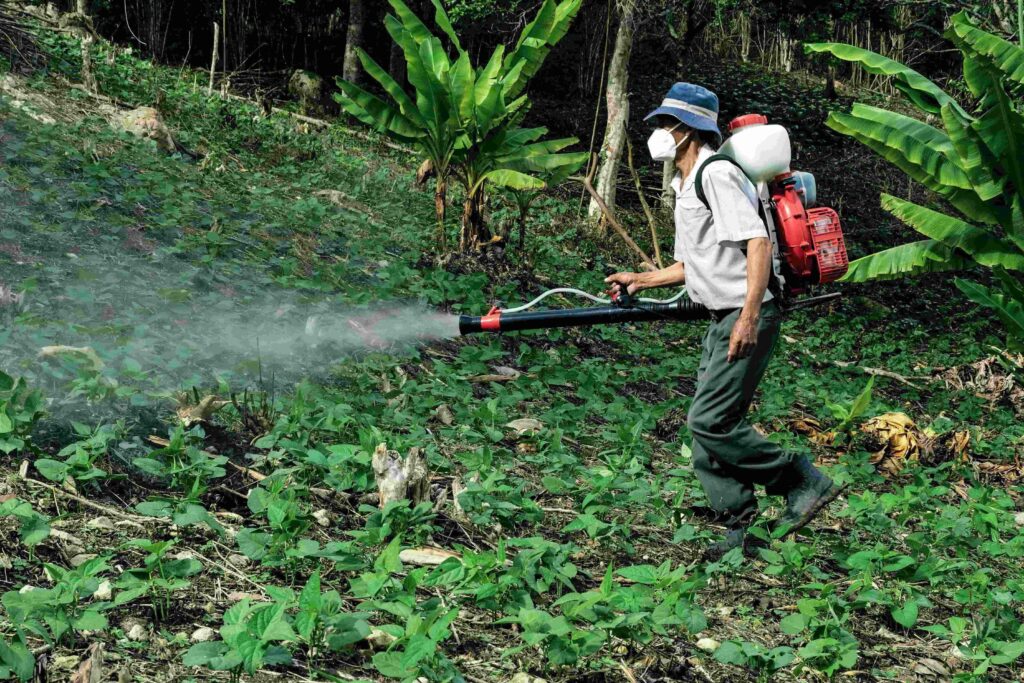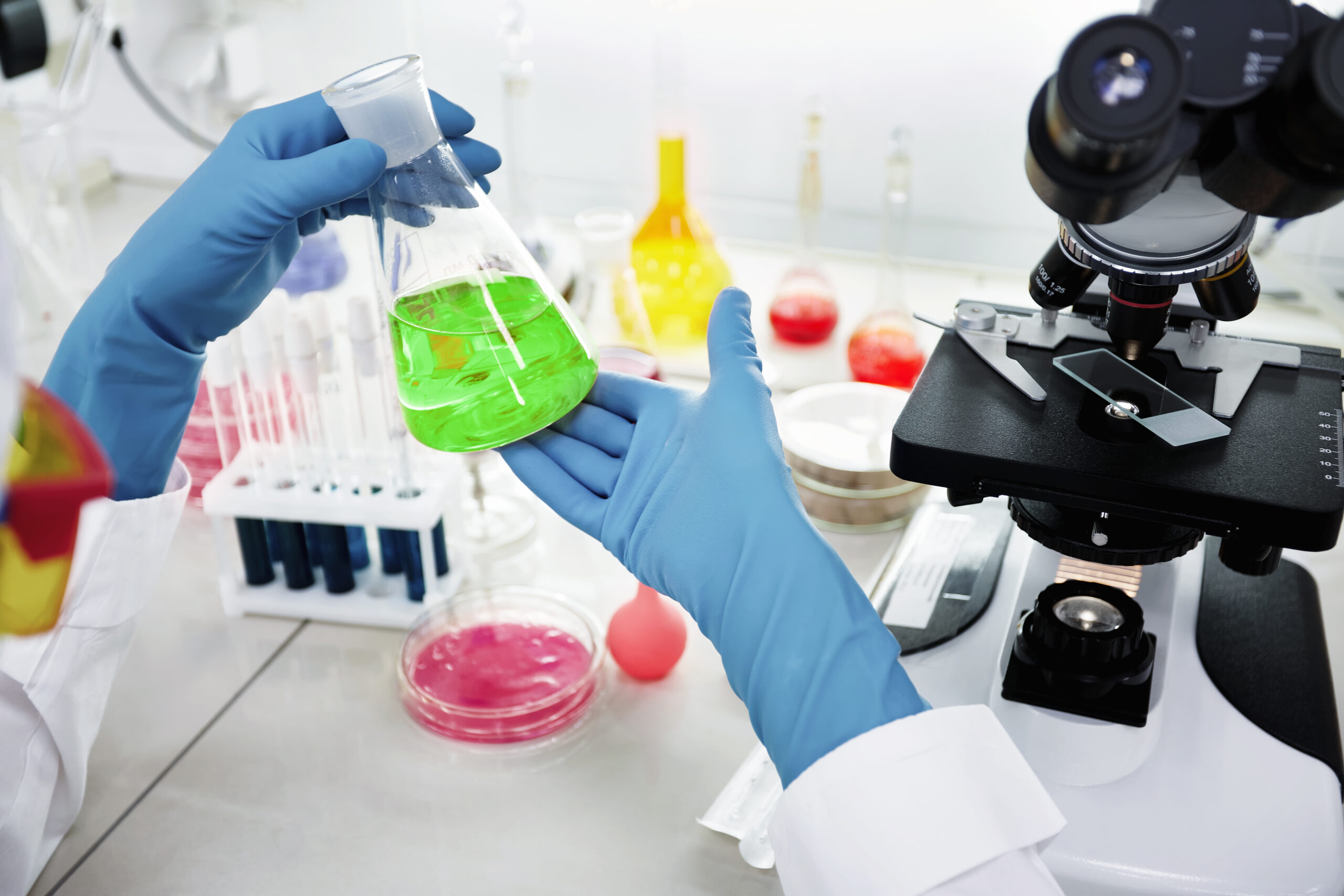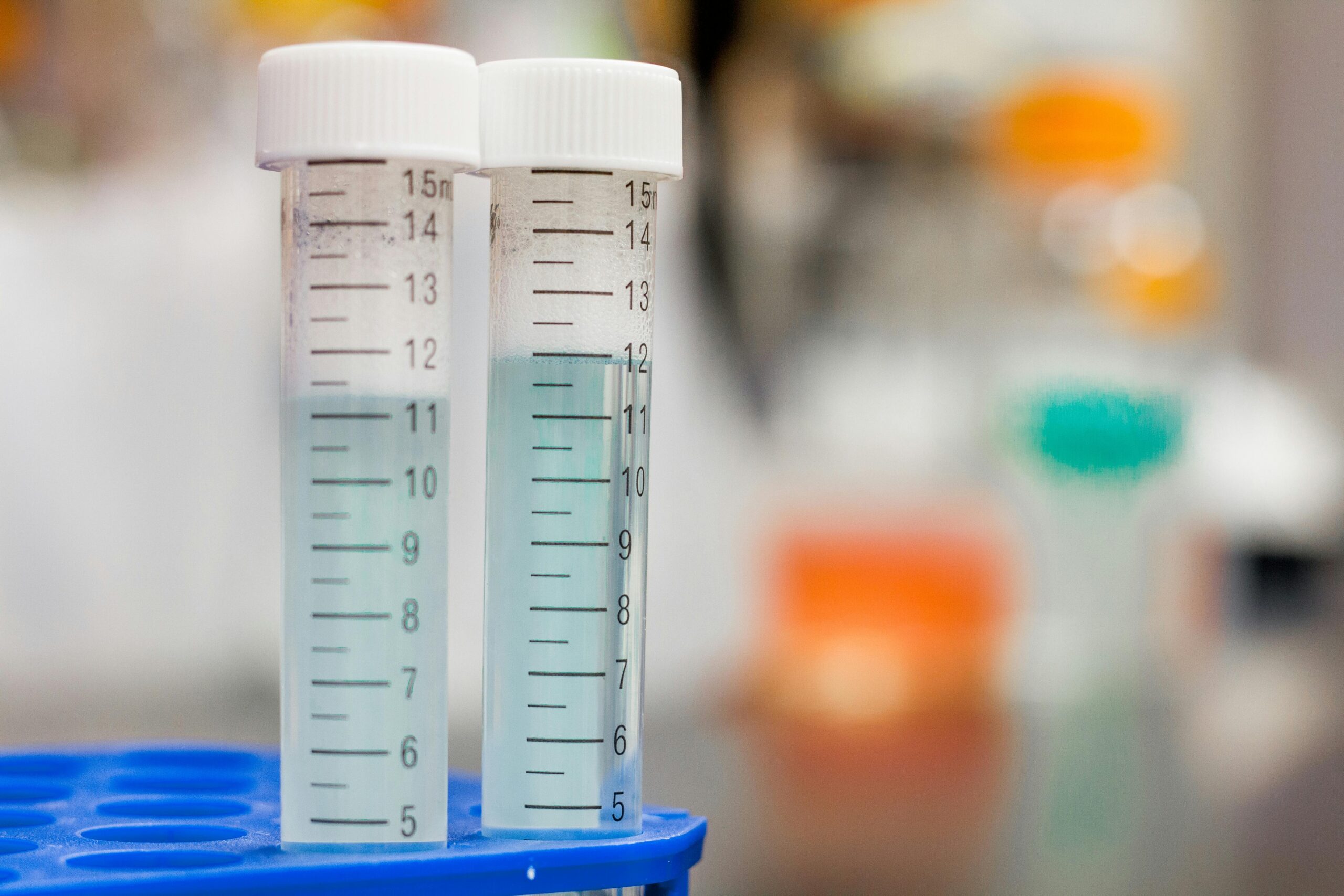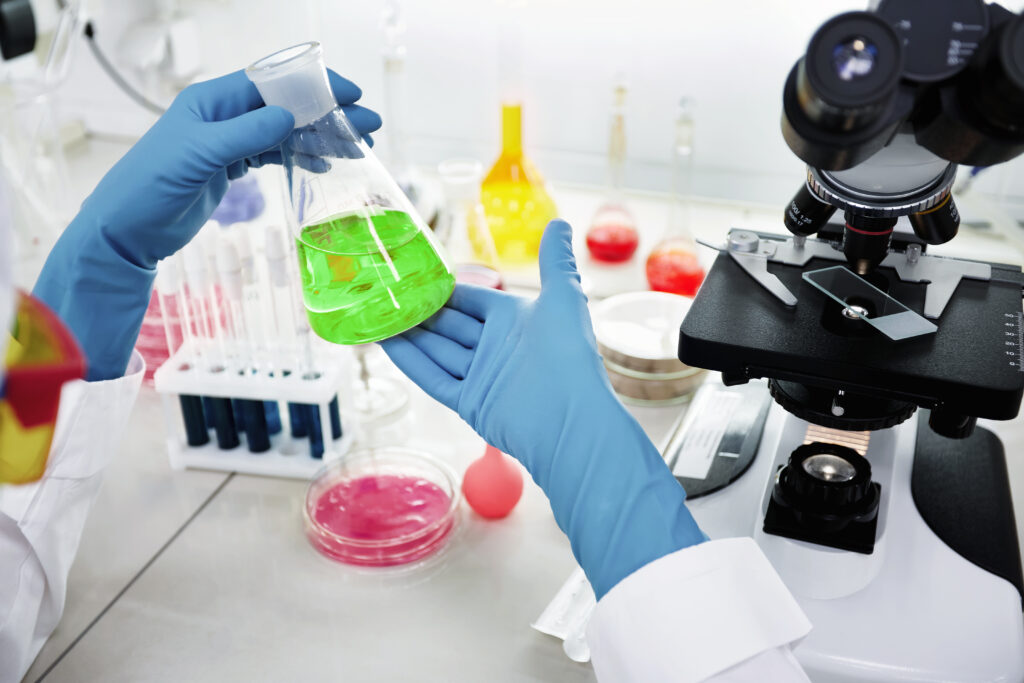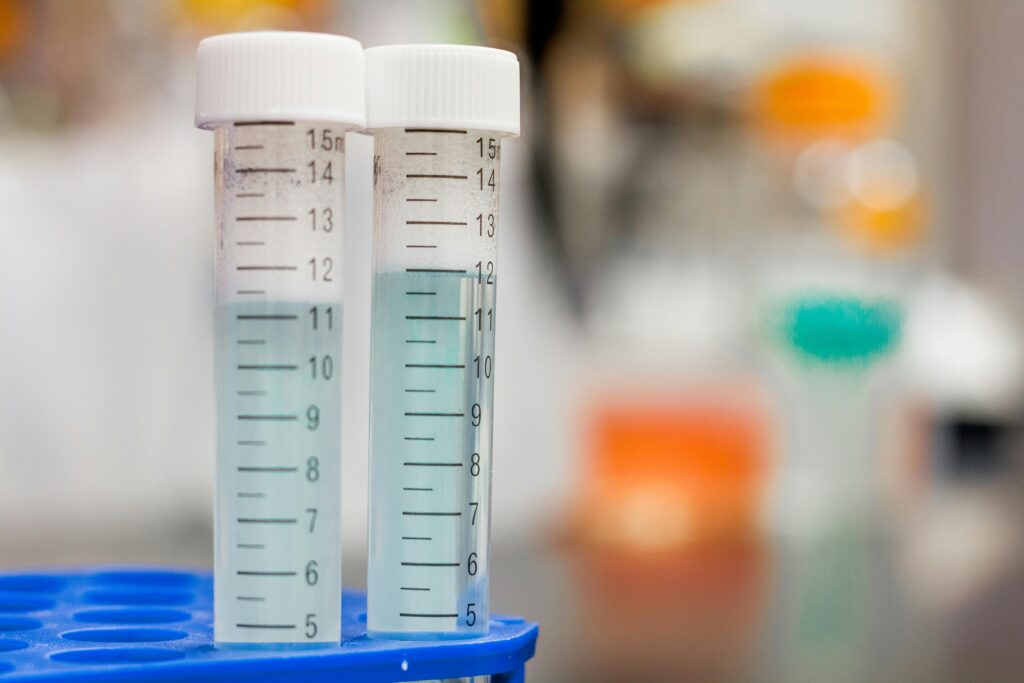Pesticides are an essential tool in modern agriculture, aiding in the control of pests and ensuring optimal crop yields. However, the unregulated and indiscriminate use of pesticides can lead to the accumulation of pesticide residues in food and the environment, posing significant risks to human health and the ecosystem. In a country like India, with its vast agricultural sector and a large population dependent on food production, the importance of pesticide residue testing cannot be overstated. This blog delves into the significance of pesticide residue testing in India, highlighting its role in safeguarding human health, promoting sustainable agriculture, ensuring compliance with regulations, and mitigating environmental risks.
Protecting Human Health
Pesticide residues in food can have detrimental effects on human health, especially when consumed over time. These residues may accumulate in the body, leading to various health issues such as organ damage, developmental problems, and even cancer. Pesticide residue testing plays a crucial role in monitoring the levels of residues in food and ensuring compliance with safety standards. By identifying and quantifying pesticide residues, regulatory authorities and food safety agencies can take appropriate measures to protect consumers and promote the consumption of safe and healthy food.
In India, the Food Safety and Standards Authority of India (FSSAI) sets maximum residue limits (MRLs) for various pesticides in food commodities. Pesticide residue testing enables the enforcement of these regulations by conducting random sampling and testing of food products. If non-compliant samples are identified, appropriate enforcement actions can be taken, including product recalls and fines, to ensure that the food available in the market meets safety standards. This not only protects consumers from potential health risks but also maintains consumer trust, promotes fair trade practices, and ensures a safe food supply chain.
Furthermore, pesticide residue testing assists in the identification of pesticides that are persistently found in excess of MRLs. This information helps authorities identify potential sources of contamination, take corrective actions, and even ban or regulate the use of specific pesticides. By controlling the presence of harmful residues in food, pesticide residue testing plays a critical role in preventing long-term health consequences and ensuring the well-being of the Indian population.
Promoting Sustainable Agriculture
Pesticide residue testing is a vital component in promoting sustainable agricultural practices in India. By analyzing residue levels in crops, farmers can assess the effectiveness of their pest management strategies and make informed decisions regarding pesticide use. This testing helps farmers minimize the use of pesticides, adopt integrated pest management (IPM) techniques, and explore alternative approaches, such as organic farming, to reduce chemical inputs.
Integrated pest management emphasizes a holistic approach to pest control, integrating various methods such as biological controls, crop rotation, and the use of resistant crop varieties. Pesticide residue testing provides valuable data on the efficacy of these practices and helps farmers fine-tune their pest management strategies. By reducing reliance on chemical pesticides, farmers can mitigate the risk of pesticide residues in food, protect beneficial insects and pollinators, preserve soil health, and maintain the overall ecological balance.
Moreover, pesticide residue testing acts as an incentive for farmers to adopt sustainable farming practices. By complying with safety standards and producing crops with minimal pesticide residues, farmers can access premium markets that prioritize food safety and sustainability. This not only benefits the farmers economically but also encourages the adoption of environmentally friendly practices, reducing the environmental footprint of agriculture.
Ensuring Regulatory Compliance
India has established regulatory frameworks to ensure the safety of food and protect consumer interests. The FSSAI, along with other regulatory bodies, sets MRLs for pesticides in food commodities to prevent excessive pesticide residues. Pesticide residue testing serves as a crucial tool for enforcing these regulations and ensuring regulatory compliance.
Through a systematic sampling and testing process, regulatory bodies can identify non-compliant samples and take appropriate enforcement actions. This includes product recalls, fines, and penalties for non-compliance. The rigorous implementation of pesticide residue testing programs instills confidence in consumers, ensuring that the food they purchase meets safety standards.
In addition to domestic regulations, pesticide residue testing is essential for ensuring compliance with international standards and export requirements. Many countries have their own regulations regarding pesticide residues in imported food products. By conducting rigorous testing and ensuring compliance with these standards, India can maintain access to global markets and promote fair trade practices. Pesticide residue testing also helps prevent trade barriers and export rejections, which can have significant economic implications for the agricultural sector.
Mitigating Environmental Risks
Pesticide residues can have detrimental effects on the environment. These residues can contaminate soil, water bodies, and non-target organisms, disrupting ecosystems and harming biodiversity. Pesticide residue testing aids in monitoring and mitigating these environmental risks.
By analyzing residues in soil and water, scientists can assess contamination levels, identify areas of concern, and implement remedial measures to minimize environmental impact. The data generated from pesticide residue testing helps authorities understand the extent of contamination, trace its sources, and develop targeted strategies for remediation.
Furthermore, pesticide residue testing contributes to the development of eco-friendly pest control strategies. By analyzing residue levels and their persistence, researchers can identify pesticides with a high environmental impact and work towards finding alternatives. This encourages the adoption of safer and more sustainable pest management practices, such as biopesticides, pheromone traps, and cultural controls. By reducing the overall reliance on chemical pesticides, pesticide residue testing contributes to the preservation of biodiversity, the protection of beneficial insects, and the overall health of ecosystems.
Conclusion
In conclusion, pesticide residue testing plays a vital role in India’s agricultural landscape by safeguarding human health, promoting sustainable agriculture, ensuring regulatory compliance, and mitigating environmental risks. By monitoring pesticide residues in food and the environment, regulatory authorities can enforce safety standards, protect consumers from health risks, and promote sustainable farming practices. Continued investment in pesticide residue testing infrastructure, research and development, and public awareness campaigns is essential for maintaining a safe and sustainable food supply chain in India.
Encouraging farmers to adopt integrated pest management techniques and explore organic farming practices can further reduce the dependence on chemical pesticides, protecting both human health and the environment in the long run. By embracing sustainable agricultural practices and prioritizing the reduction of pesticide residues, India can create a healthier, safer, and more environmentally conscious agricultural sector for the benefit of present and future generations.

